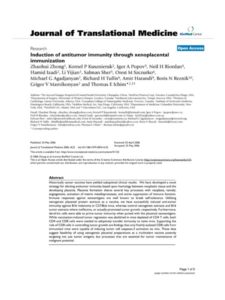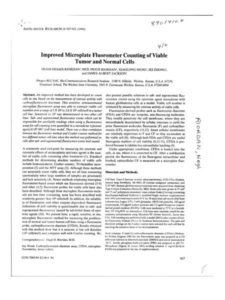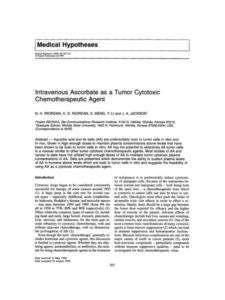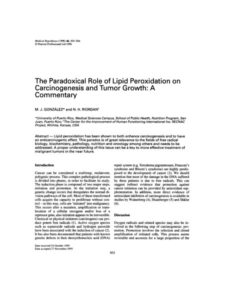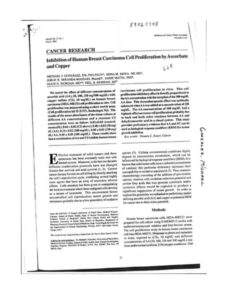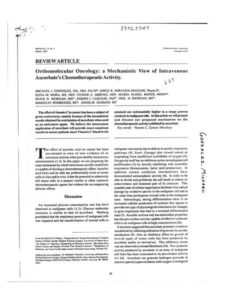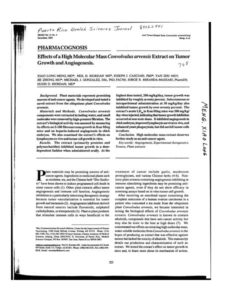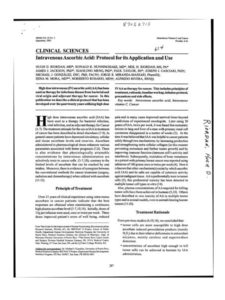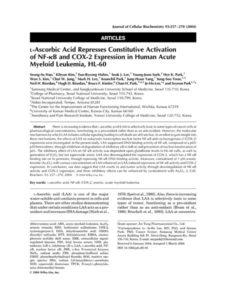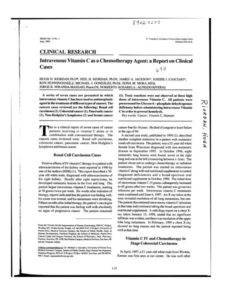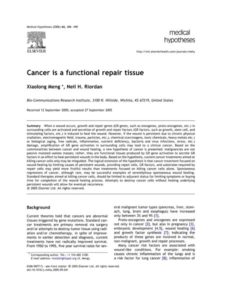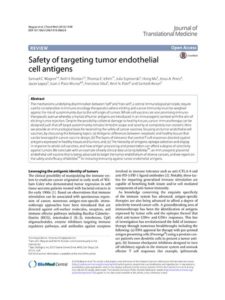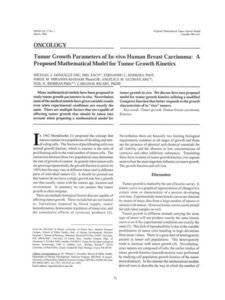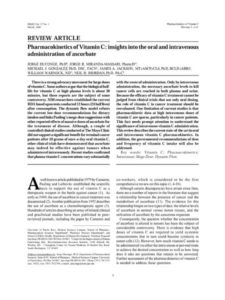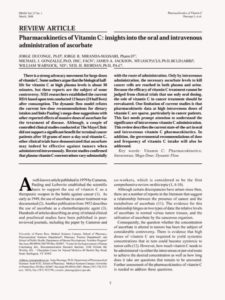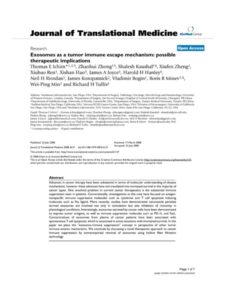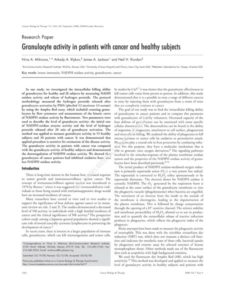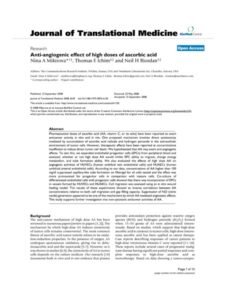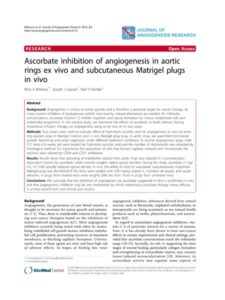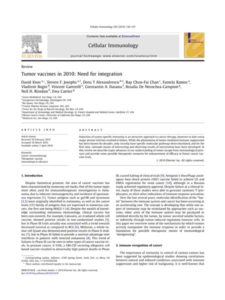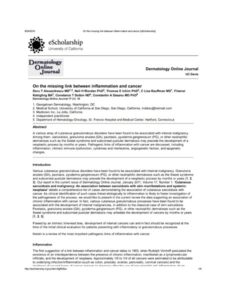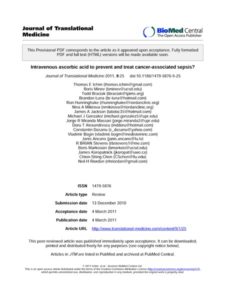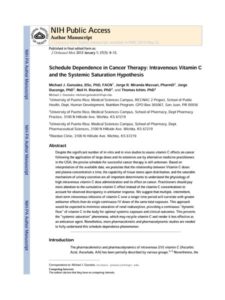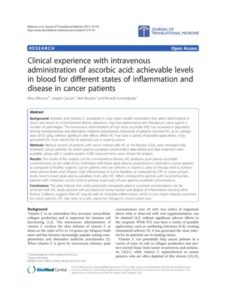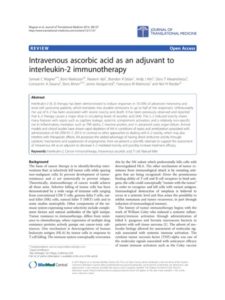Immunotherapy for melanoma: current status and perspectives.
J Immunother. 2010 Jul-Aug;33(6):570-90.
Alexandrescu DT, Ichim TE, Riordan NH, Marincola FM, Di Nardo A, Kabigting FD, Dasanu CA.
Abstract
Immunotherapy is an important modality in the therapy of patients with malignant melanoma. As our knowledge about this disease continues to expand, so does the immunotherapeutic armamentarium. Nevertheless, successful preclinical models do not always translate into clinically meaningful results. The authors give a comprehensive analysis of most recent advances in the immune anti-melanoma therapy, including interleukins, interferons, other cytokines, adoptive immunotherapy, biochemotherapy, as well as the use of different vaccines. We also present the fundamental concepts behind various immune enhancement strategies, passive immunotherapy, as well as the use of immune adjuvants. This review brings into discussion the results of newer and older clinical trials, as well as potential limitations and drawbacks seen with the utilization of various immune therapies in malignant melanoma. Development of novel therapeutic approaches, along with optimization of existing therapies, continues to hold a great promise in the field of melanoma therapy research. Use of anti-CTLA4 and anti-PD1 antibodies, realization of the importance of co-stimulatory signals, which translated into the use of agonist CD40 monoclonal antibodies, as well as activation of innate immunity through enhanced expression of co-stimulatory molecules on the surface of dendritic cells by TLR agonists are only a few items on the list of recent advances in the treatment of melanoma. The need to engineer better immune interactions and to boost positive feedback loops appear crucial for the future of melanoma therapy, which ultimately resides in our understanding of the complexity of immune responses in this disease.

